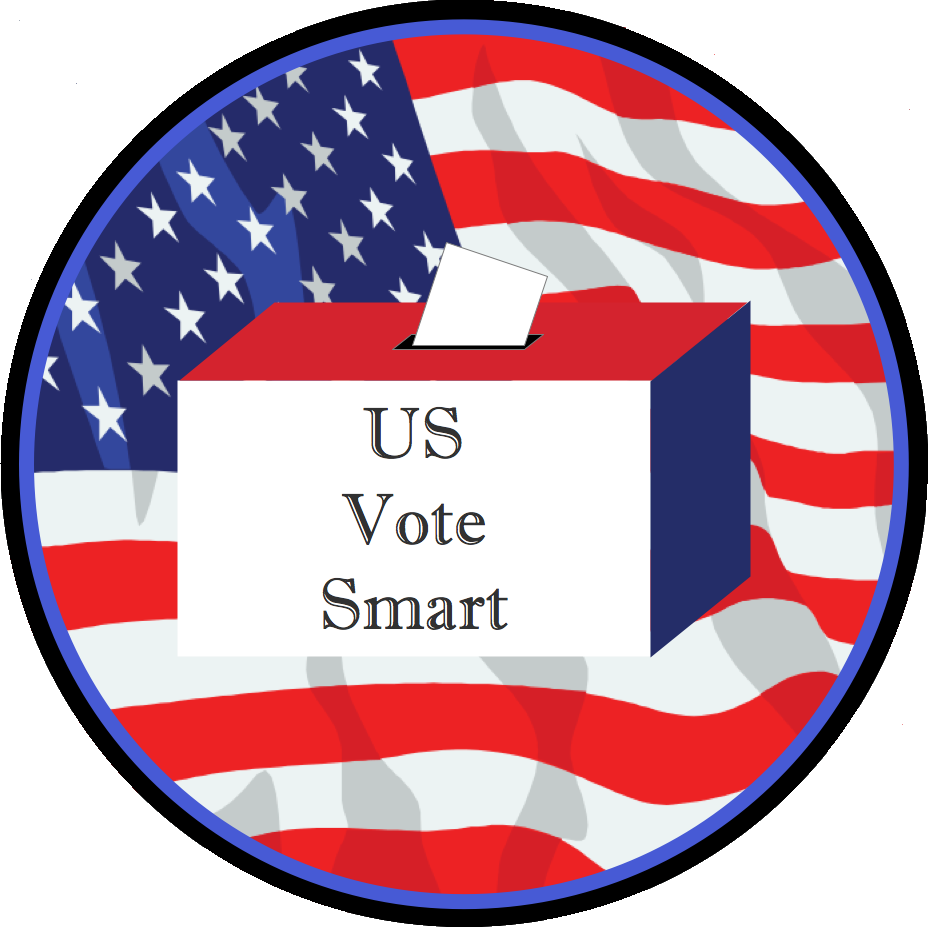What are the three main reasons you are running for this office? Do you see any potential conflicts of interest?
County Court at Law 3 is a family court and the designated Child Protection Court. This court is only assigned 20% of newly filed family cases as the Child Protection Court is labor and time intensive.
I am the only candidate who has judicial experience, and I am the only candidate who has any experience in child protection cases, which are exclusively assigned to this court. I have extensive litigation, jury trial, and appellate experience in the two specialty areas assigned to this court. I am one of only 47 attorneys in the state of Texas who are double board certified in family law and child welfare law, the two specialty areas assigned to this court.
I have been a licensed attorney for 21 years, and I have been a judge for this court for almost 9 years. I was the Associate Judge for the former presiding Judge Patrice McDonald until I was unanimously appointed by the Commissioner's Court as the presiding judge on July 1, 2021. I have led a seamless transition, which included immediately hiring a highly qualified and well respected Associate Judge (Jack Riley) who has practiced family law for 27 years and has been board certified in family law for over 15 years. My commitment to achieving excellence is reflected in my track record of high achievement, and I plan to make this court the best specialty court in the state of Texas and beyond.
Before I was an attorney, I excelled in athletics and academics. I was ranked as one of the top junior golfers in the country when I graduated from high school. Before that, I was one of the top ranked junior tennis players in the state of Texas. I attended the University of Tennessee on a full golf scholarship, and we were the 3rd ranked golf team in the country my senior year. I was a four time Academic All American and four year Letterman. I graduated from college with Honors, Summa Cum Laude and was inducted into Phi Beta Kappa. I then attended one of the top law schools in the country where I was awarded a prestigious federal clerkship after graduation.
After my clerkship, I was hired as an attorney in the family violence and child welfare division of the Montgomery County Attorney's office. I represented victims of domestic violence, and I represented Child Protective Services in cases involving child abuse and neglect. I was ultimately the head of the child welfare division until 2012 when I was appointed as the Associate Judge of this court. As an attorney, I tried hundreds of contested cases and handled my own appeals. I won all 7 of my jury trials, almost every bench trial, and I never lost an appeal.
As a judge, I have presided over every conceivable type of family law hearing or case, including about 8 jury trials. I have never, in almost 9 years on the bench, been reversed or remanded on appeal. Before August 1, 2020, I presided over all of the Child Protection cases in our court. I have presided over all of the Child Protection cases for Montgomery County since August 1, 2020, when we were officially designated as the Child Protection Court. I am the first presiding judge in the history of Montgomery County and one of only a few, if any, presiding judges in TEXAS to specifically request the entire Child Protection docket. I did so because I feel so strongly that these cases deserve to be heard by a judge who has the highest level of expertise and devotion to these cases.
I am the only candidate who has the background, experience, and knowledge to make decisions for foster children, which in most cases, determines their future. I rule with an independent mind, a wealth of expertise, and most of all, compassion for the children and families who stand before me every day.
Please describe the best way for the average voter to determine which judicial candidate is best.
I believe that voters should make a decision based on the education, background, and experience of each candidate relative to the court's specialty area. All of the County Courts at Law are specialized, and voters need to know what types of cases are assigned to each one. I believe that each judge should have expertise in his or her court's specialty area.
Please describe what you believe are the most significant issues in this race, why and what you'll do to address them?
The most significant issue is whether or not to elect a specialized judge for this specialty court. I have an extensive 20 year background in child protection cases, which truly matters when addressing issues like the current foster care crisis. In my first year as the Child Protection Court judge, 77% of our foster children were placed with family. This is a 20% improvement from 3 years ago.
How relevent today is Blackstone's maxim "All presumptive evidence of felony should be admitted cautiously; for the law holds it better that ten guilty persons escape, than that one innocent party suffer".
It is the cornerstone of our criminal justice system, so I believe it is as relevant today as it was on the day it was adopted by the Framers of the Constitution.
Understanding that all courts in MoCo have general jurisdiction, the board of judges has moved towards specialized courts. What types of cases are currently filed in the court you are running for? What is your experiences to handle this specific case type? Are you planning on asking to change the case allocation or case type assigned to the court you are running for if you win?
As previously stated, County Court at Law 3 is the designated Child Protection Court. We are also assigned 20% of newly filed family law cases. I am an expert in both areas, and I lobbied for almost 5 years to bring the Child Protection Court to County Court at Law 3 based on my unique qualifications to preside over those cases. I therefore have no plans to ask to change the case allocation.
What carries the greatest influence on your rulings: case law, the Constitutions, or other?
I thoughtfully and diligently apply the laws of the state of Texas and of the United States to the facts of each case. I am also guided by controlling case law when applicable.
Please describe the major challenges for your court over this next term.
The most pressing challenge to our court is navigating the growing foster care crisis in the state of Texas. I am currently increasing the number of hearings we have in order to ensure that our foster children are in safe placements where all of their needs are being met. I am also ordering that foster children be placed with family members when at all possible. I also strongly believe that the foster care crisis will ultimately have to be solved at the local level.
Do you think judges should be elected by the people, or appointed by a commission?
I believe that judges should be elected by the people. I should note that is my firm belief even though I was originally appointed by the Commissioner's Court to fill a vacancy. I believe in the case of an unexpected vacancy, appointment by a commission (which in this case was required by law) may be necessary because the negative consequences of shutting down the court would be too great otherwise.
In your view, what is the threshold for determining constitutionality of a legislative act? or a challenge to it?
I believe each legislative act should be tested against the limits placed on government authority by the framers of the Constitution.
To what extent do you believe the state or federal government should be able to obtain court orders directing parents to do things for their children that the parent does not believe should be done?
I believe in as little government intervention with parents as possible. Those in my court often hear me ask "What exactly is the State's interest in this case?" Obviously, there are situations in which a child is being abused or neglected which necessitate a court order to ensure the physical safety of a child. However, I strongly believe in parents' rights to parent their child as they decide.
Among the nine justices on the U.S. Supreme Court(SCOTUS), which one do you respect the most, and why? Which one do you respect the least, and why? What judicial philosophy should a SCOTUS Justice have?
Justice Neil Gorsuch. In my opinion, Justice Gorsuch is the justice whose opinions indicate that he is a strict constructionist, and he seems to be strictly bound by the original intent of the language of the Constitution.
CSPOA says "Civil forfeiture laws pose one of the greatest threats to property rights in the nation today. They encourage law enforcement to favor the pursuit of property over the pursuit of justice, and they typically give the innocent little recourse for recovering seized property. And without meaningful transparency, law enforcement faces little public accountability for its forfeiture activity or expenditures from forfeiture funds." How should these Civil Forfieture issues be addressed?
This court does not decide civil forfeiture cases, but if it did, I believe that the Court should carefully apply the law to the set of facts presented in each case and should appreciate that these decisions usually have serious real life consequences for those involved.
What 2 things about your opponent do the voters need to know?
I would respectfully prefer that the voting committee focus on the strengths of my unique qualifications for this particular court.
What Texas State court decision do you think has most impacted society? How and Why?
I think the most important Texas State court decision for this court is Holley v. Adams, 544 SW 2d 367(1976) in which the Texas Supreme Court enumerated a list of factors to be considered when determining what is in a child's best interest. These factors are still the guiding standard in child custody cases, and they delicately balance the sanctity of the parent-child relationship with the duty to keep children safe from harm.
Apparently in conflict with current pratice in the courts Art. 19.27. of the Texas Code of Criminal Procedure states "ANY PERSON MAY CHALLENGE. Before the grand jury has been impaneled, any person may challenge the array of jurors or any person presented as a grand juror. In no other way shall objections to the qualifications and legality of the grand jury be heard. Any person confined in jail in the county shall upon his request be brought into court to make such challenge." What is the practical application of this statute?
The practical application is that a person's due process rights could be compromised if they don't timely make an objection under the statute before the grand jury is impaneled.
As a judge, what do you believe the goals of the criminal justice system should be?
I believe the goals should be punishment and deterrence. However, I also believe in the value of providing educational programs to incarcerated persons for the purpose of teaching them skills to use to join the workforce upon release. I believe that the serious lack of job opportunities increases the chances of recidivism.
Who is endorsing you and what is their relationship to you?
I do not have any current endorsements.



